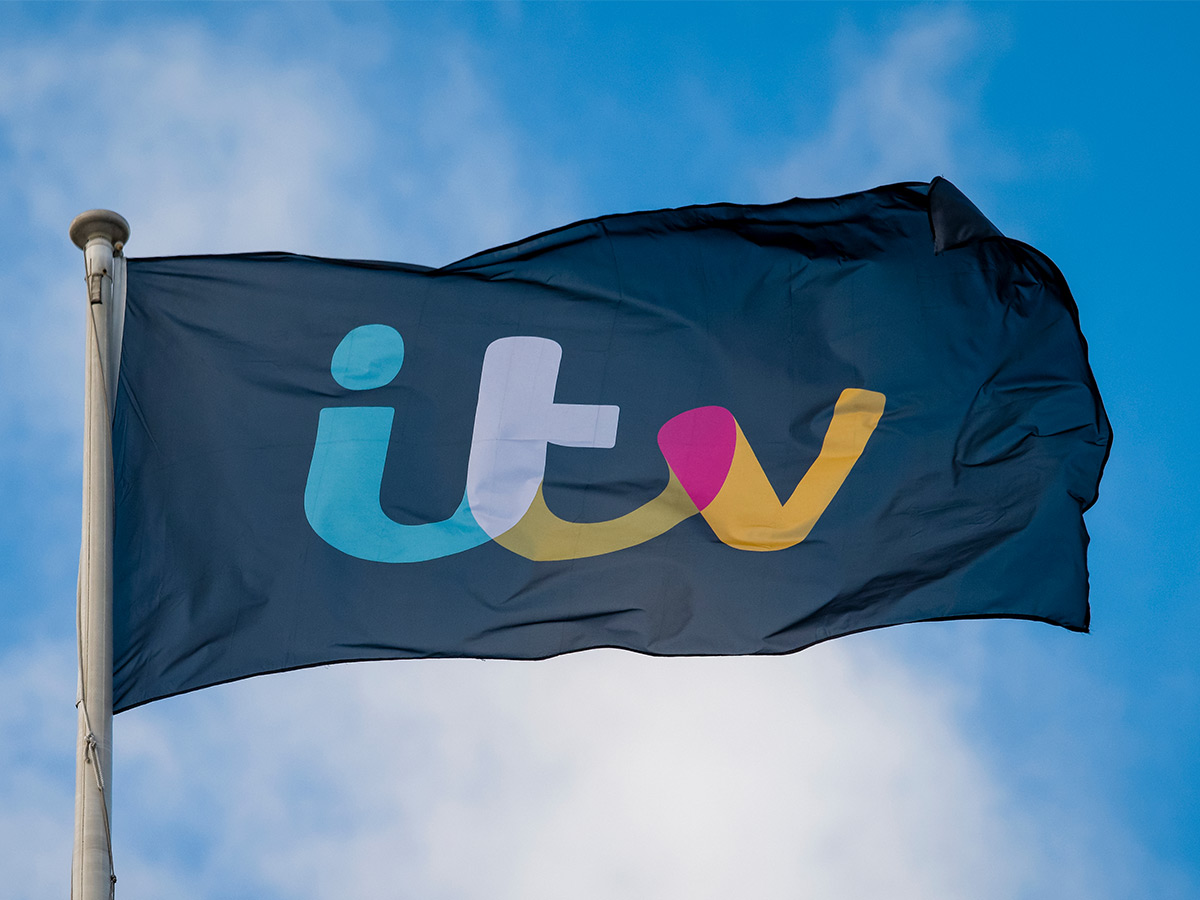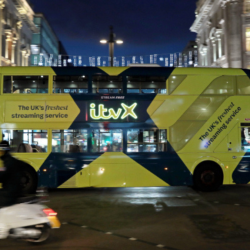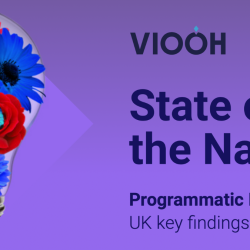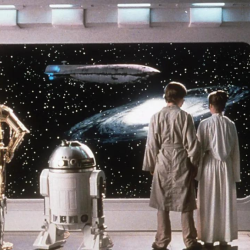The UK’s public service broadcasters continue to face competition from the new generation of streaming services. This is putting pressure on the likes of ITV and Channel 4 to monetise their own streaming platforms in new, effective and commercially-savvy ways.
Enter Planet V, ITV Hub’s ad-buying platform, allowing advertisers to buy premium ad slots on ITV Hub (its TV on-demand service) programmatically. Unlike in the past, where more traditional methods were used to book media, Planet V mirrors the way emerging digital formats can be bought and applies that to the purchase of TV ads. This provides a totally new way of buying ITV’s inventory in an automated, data-driven and self-serve way. Currently it is only accessible to a select number of agencies, but ITV plans to roll out to all media buyers and allow brands to buy directly in what it claims to be a very simple process.
In curating its own platform, ITV reportedly wants to avoid making “mistakes that the digital world has made”. So has it done this and will it be successful?
Getting to the good stuff
When I started out in programmatic, the only inventory you could buy was the space that publishers couldn’t sell directly themselves, and so very little spend went into this form of media buying. This is no longer the case, with an estimated 90% of digital display ad spend being transacted programmatically last year in the UK – including very high quality inventory with premium publishers.
Buying directly via Planet V gives the publisher (ITV) ultimate control over its inventory and provides more transparency to the whole process. It avoids the supply chain issues that have marred some digital buying in the recent past, where the fact that many vendors can be involved in a single transaction has left uncertainty over how much media spend actually makes its way to publishers. By virtue of going direct to one publisher, there is more control and transparency for both the buyer and seller, giving everyone more time to focus on delivery and performance.
The challenge for ITV is that – as with all programmatic buying – opening up your inventory without necessary safeguards in place can risk the market dictating price in an uncontrolled way. While this isn’t necessarily a bad thing, it can lead to revenue unpredictability for the publisher, as well as a race towards lower quality and lower cost inventory.
Another challenge for the business will come as they move to offer this platform to more agencies and brands. Typically, TV buying is consolidated across a handful of buyers meaning that it can be difficult for smaller, smarter, data specialist players to get a seat at the table. This ultimately impacts the opportunity that the platform could realise for advertisers. ITV will want to encourage and empower partners it may not have previously considered to be in its target market and continue to push the capability of the platform as much as possible.
Solid measurement
There are a lot of exciting opportunities in this space. Purchasing Connected TV (CTV) inventory in general – not just with Planet V – can allow advertisers to plan their TV buys more strategically. It can hit users who may not have seen their ad on traditional TV, or send users a slightly different ad on on-demand services to those they might have seen on linear TV. Overall, this provides more brand-building potential and the opportunity to be more creative and tailored in the planning and execution of big campaigns.
For ITV to avoid some of the mistakes of the digital world, it will need to facilitate smarter, more future-facing techniques of measuring the impact of media spend. Simply because programmatic techniques are being used to trade media, it doesn’t mean some of the measurement methods used to evaluate these efforts should be used. With more focus on measurement, including methods such as geo-controlled split testing, causal impact studies and incrementality measurement, ITV should be looking to provide functionality and data for buyers who don’t want to simply focus on the lowest CPMs or highest CTRs.
Privacy by design
According to ITV, Planet V’s approach to data is privacy by design, enabling advertisers to use their own first-party data alongside ITV’s in a GDPR-compliant way – no reliance on third-party cookies or the like.
As we move towards a cookieless world, this is the smart way of using data to target consumers effectively and efficiently. It allows advertisers to enrich their own data and pushes them to think in more sophisticated ways about how they segment their first-party data to reach audiences.
Brands will have to make sure they have a strong handle on their own data, not just from a compliance perspective, but also giving them the ability to maximise this data in an agile way. As we know, first-party data is important for advertisers to gain a competitive advantage in the advertising space. ITV will want to make sure it is providing guidance to advertisers on how best to leverage this to maximise the impact of their media spend through Planet V.
It’s exciting to see ITV innovating in this space, and I’m intrigued to see how things work out, both for ITV and its advertisers. Creatively, this offers many opportunities to tailor TV buys and make them more personalised. It also gives ITV more control and more potential buyers of its inventory. I see the buying and selling of CTV space programmatically exploding in the coming years and if ITV can position its proposition and product in the right way, tying in with the wider ecosystem and future-facing expectations of digital marketing, then it could be very successful.
Featured image: Lenscap Photography / Shutterstock.com
































